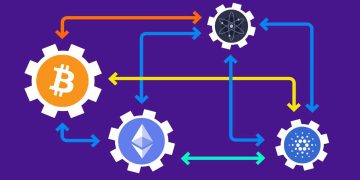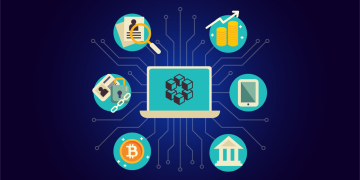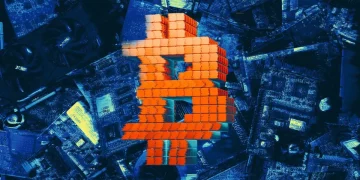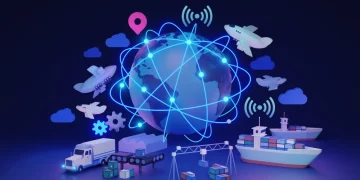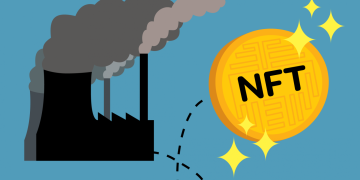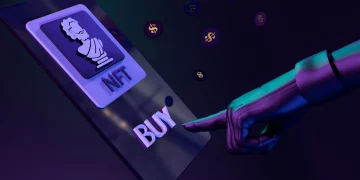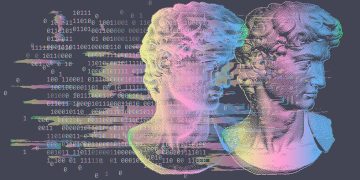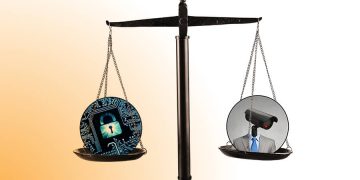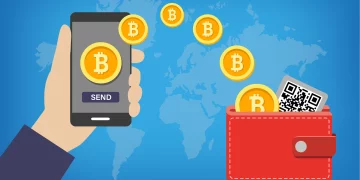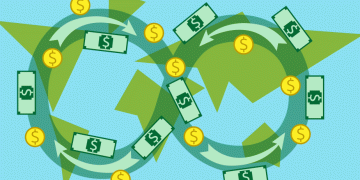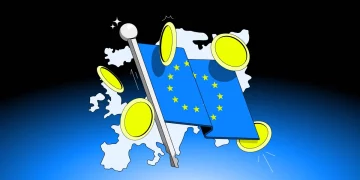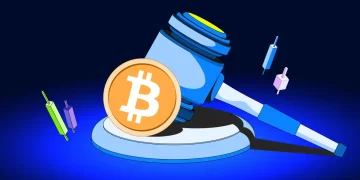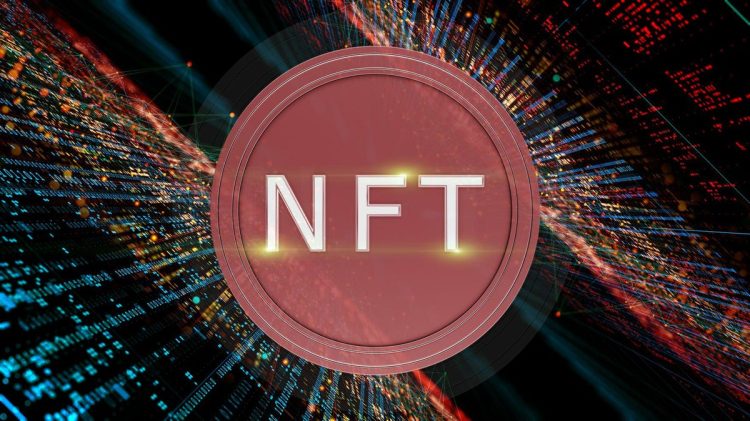Non-fungible tokens (NFTs) have taken the world by storm in recent years, offering new ways for artists, creators, and collectors to interact with digital assets. While NFTs have revolutionized how we think about ownership and value in the digital space, they have also raised significant questions about intellectual property (IP) rights, particularly in relation to NFT collectibles. As the popularity of NFTs grows, the intersection of NFT technology and intellectual property law is becoming an increasingly important area of discussion.
In this article, we will explore the various intellectual property issues surrounding NFT collectibles, including ownership, licensing, copyright, and the challenges of enforcing IP rights in a decentralized, digital ecosystem. We will also look at potential solutions and the current state of the law regarding NFTs.
1. What are NFT Collectibles?
NFT collectibles are unique digital assets that are typically represented by tokens on a blockchain. These tokens serve as proof of ownership and authenticity of a digital item, which could range from artwork, music, video clips, virtual real estate, and in-game items, to more obscure digital assets like tweets or memes.
Each NFT is distinguishable from others due to its non-fungibility—meaning no two NFTs are identical. This uniqueness is often tied to scarce or rare digital items that have become desirable for collectors, often driving significant market value. Well-known examples of NFT collectibles include CryptoPunks, Bored Ape Yacht Club (BAYC), and World of Women (WOW).
NFTs are typically created and sold on blockchain networks such as Ethereum, Solana, or Flow. The blockchain ensures that the ownership of these NFTs is transparent, traceable, and immutable, which has made NFTs a significant innovation in the world of digital ownership.
However, while NFTs promise to transform digital ownership and marketplaces, they introduce complexities around IP rights that have yet to be fully addressed.
2. Ownership vs. Intellectual Property: What Does NFT Ownership Really Mean?
One of the most pressing questions surrounding NFT collectibles is the distinction between owning the NFT and owning the intellectual property (IP) rights to the underlying asset. When someone buys an NFT, they are acquiring the token, which serves as proof of ownership for a specific digital item. However, this ownership does not necessarily confer ownership of the intellectual property rights associated with the underlying content.
Example:
If an individual buys an NFT representing a digital artwork, they own the NFT, but they do not automatically own the copyright to the artwork. The copyright—the right to reproduce, distribute, display, and create derivative works—typically remains with the artist or creator unless explicitly transferred.
The ownership of the NFT is essentially a digital certificate of authenticity and provenance, but it does not equate to owning the content’s intellectual property rights unless the creator specifically transfers those rights along with the NFT.
This distinction between ownership of the token and ownership of the IP rights is crucial for collectors and creators to understand. Failure to clarify this distinction could lead to misunderstandings and legal conflicts.
3. Copyright and NFTs: Who Owns the Rights to Digital Content?
Copyright law is at the heart of intellectual property concerns in the NFT space. Digital content, such as art, music, videos, and text, is generally protected by copyright law as long as it meets certain criteria (e.g., originality). In the case of NFT collectibles, the rights associated with the underlying content are of paramount importance.
Key Issues:
- Transfer of Copyright: When an artist mints an NFT for their work, they may or may not transfer the copyright to the buyer. In many cases, the sale of the NFT only transfers ownership of the token, not the underlying IP rights. Unless explicitly stated, the buyer does not gain the right to reproduce, distribute, or modify the artwork.
- Copyright Infringement: If a person buys an NFT that represents copyrighted content they do not own the rights to, they may inadvertently be infringing on the creator’s copyright. For instance, someone could mint an NFT of a piece of artwork they did not create and sell it as a collectible. This poses significant risks for both buyers and platforms.
- Licensing and Usage: In some cases, NFT creators may license their work to buyers for specific uses, such as personal use, exhibition, or resale. However, these licenses are often ambiguous, leading to confusion about the scope of the buyer’s rights. Without clear terms, there is a risk that buyers may assume they have broader rights than what was actually granted by the creator.
The lack of clarity around IP rights in the context of NFTs has led to legal disputes and confusion. Some platforms have sought to address this by including terms and conditions that clarify the ownership and usage rights of NFTs, but this remains an area where legal frameworks are evolving.

4. Licensing and Smart Contracts: The Role of Legal Agreements in NFT Transactions
One way to address the IP issues surrounding NFTs is through licensing agreements integrated into the smart contract that governs the NFT. Smart contracts are self-executing contracts with the terms of the agreement written directly into the code. These contracts are tamper-proof and execute automatically when conditions are met, which could include the transfer of IP rights.
Challenges with Licensing:
- Ambiguity of Terms: Most NFT creators do not explicitly transfer copyright through their smart contracts. The terms of use, including what rights are transferred and for how long, are often vague. Buyers are typically purchasing an NFT without understanding the full scope of the licensing terms.
- Customizing Rights: Some NFT projects are exploring more sophisticated smart contracts that include detailed licensing terms, such as granting buyers limited rights to reproduce, display, or even create derivative works. However, this requires careful drafting of the contract terms to avoid disputes down the line.
- International Legal Issues: Licensing agreements for NFTs also face challenges in international jurisdictions. Different countries have different IP laws, and the cross-border nature of NFT transactions makes enforcement of IP rights difficult. This further complicates the ability to protect the creator’s rights and prevent infringement.
As NFT markets continue to grow, it is likely that we will see more detailed and standardized smart contract templates that clarify the IP rights associated with NFT collectibles. However, the current lack of uniformity in how these contracts are written leaves much room for confusion and potential legal conflict.
5. Enforcing IP Rights in the Decentralized World of NFTs
One of the most challenging aspects of NFTs is the decentralized nature of blockchain technology. Unlike traditional digital marketplaces or physical marketplaces, NFT platforms operate in a decentralized, peer-to-peer manner. This presents significant obstacles to enforcing IP rights and ensuring that creators’ work is protected.
Challenges with Enforcement:
- Anonymity: Many NFT transactions occur under pseudonyms, making it difficult to identify and contact those responsible for IP infringements. This anonymity can complicate the enforcement of IP rights, as legal recourse becomes challenging when the responsible parties are not easily identifiable.
- Decentralization: Because NFT platforms operate on decentralized blockchains, there is no central authority that can enforce copyright or IP rights. This creates an environment where creators may struggle to protect their work from unauthorized use or reproduction, as no single entity controls the platform.
- Cross-Platform IP Infringement: NFT collectibles can be bought and sold across various platforms, many of which have different terms of service and policies. This complicates the process of enforcing IP rights, as actions taken on one platform may not be mirrored on others, leading to confusion and inconsistency in enforcement.
Despite these challenges, some solutions are emerging. For example, blockchain-based systems could be used to track and enforce IP rights, while traditional legal systems are beginning to address NFTs through intellectual property litigation and regulation.
6. Future Legal and Regulatory Developments in NFT IP
The rapid growth of the NFT market has led to increased scrutiny from regulators and policymakers. In the future, we can expect to see more comprehensive laws and regulations governing NFTs and intellectual property rights. Some potential developments include:
- Clearer Licensing Frameworks: Governments and industry stakeholders may work together to create standardized licensing frameworks that clarify the ownership and usage rights associated with NFTs, which would provide greater transparency for creators, buyers, and platforms.
- IP Protection Mechanisms: Platforms may implement new tools and technologies to help creators protect their IP, such as automated copyright registration or watermarking systems for digital content.
- Global IP Enforcement: As the NFT market becomes more global, countries may begin to coordinate efforts to enforce intellectual property laws and tackle cross-border IP infringement. This could involve international treaties or agreements to ensure creators’ rights are upheld regardless of jurisdiction.
7. Conclusion: Navigating the Complexities of NFT IP
The intellectual property issues surrounding NFT collectibles are complex and evolving. While NFTs have revolutionized digital ownership and created new opportunities for creators and collectors, the lack of clarity around IP rights and licensing presents significant challenges. As the market for NFTs continues to grow, it is crucial for creators, buyers, and platforms to understand the implications of IP law in the NFT space.
To ensure the long-term success and sustainability of the NFT ecosystem, it is vital that all parties involved engage in transparent, well-defined agreements regarding the transfer of IP rights. The integration of smarter legal frameworks, clearer licensing terms, and enhanced enforcement mechanisms will help mitigate legal risks and foster trust in the growing NFT market.
As the legal landscape catches up with technological innovation, the resolution of these intellectual property issues will be key to the continued growth and success of NFT collectibles and their impact on the digital economy.

